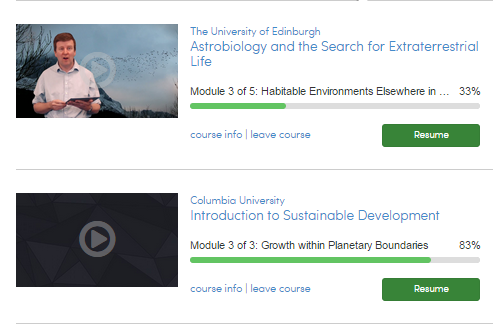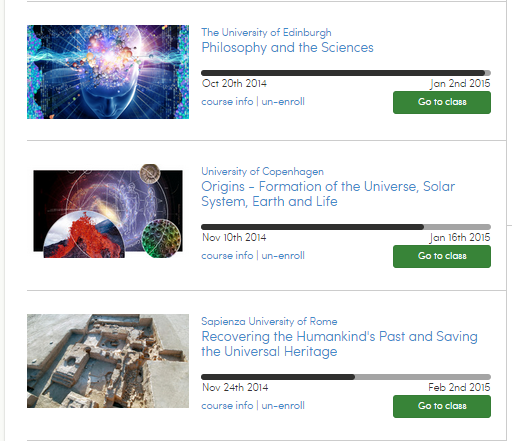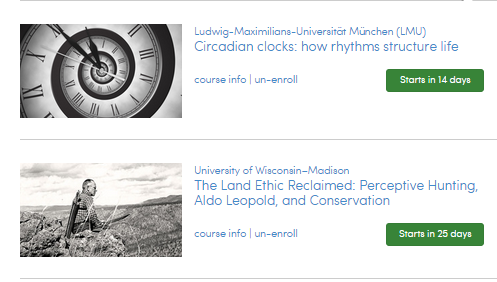First Day Hike
/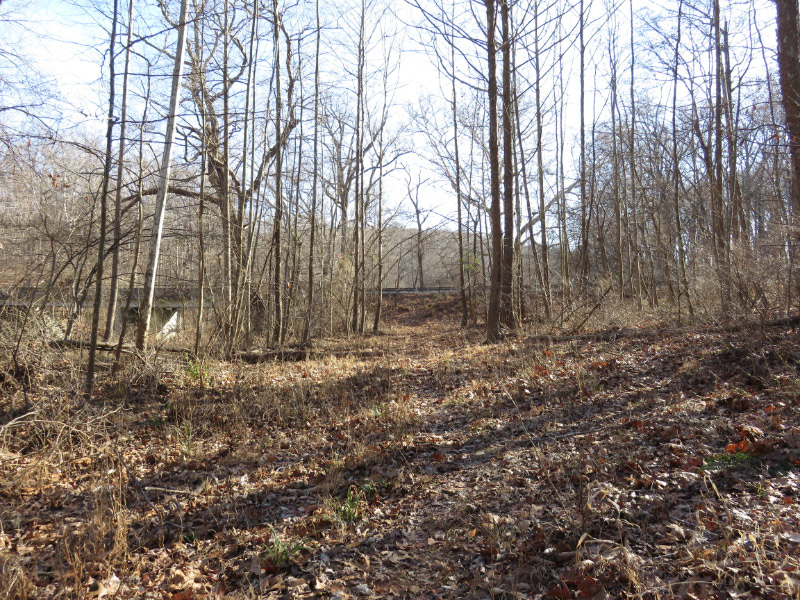 It was a cold January 1 in our area of Maryland and my husband was just getting over a cold --- he didn’t want to hike. So I took a very short hike from a two lane road near us down to the Little Patuxent River. I want to try out my new monopod/hiking pole. It turned out to be a good idea since I managed to unscrew the bottom section completely!
It was a cold January 1 in our area of Maryland and my husband was just getting over a cold --- he didn’t want to hike. So I took a very short hike from a two lane road near us down to the Little Patuxent River. I want to try out my new monopod/hiking pole. It turned out to be a good idea since I managed to unscrew the bottom section completely!
All the leaves were brown and brittle. The sycamore leaves were still largely intact and quite large from the trees growing along the river.
I was not fast enough to photograph the great blue heron that was evidently fishing in the river when I arrived. There were some deer that were on the opposite bank - white tails flashing by the time I saw them.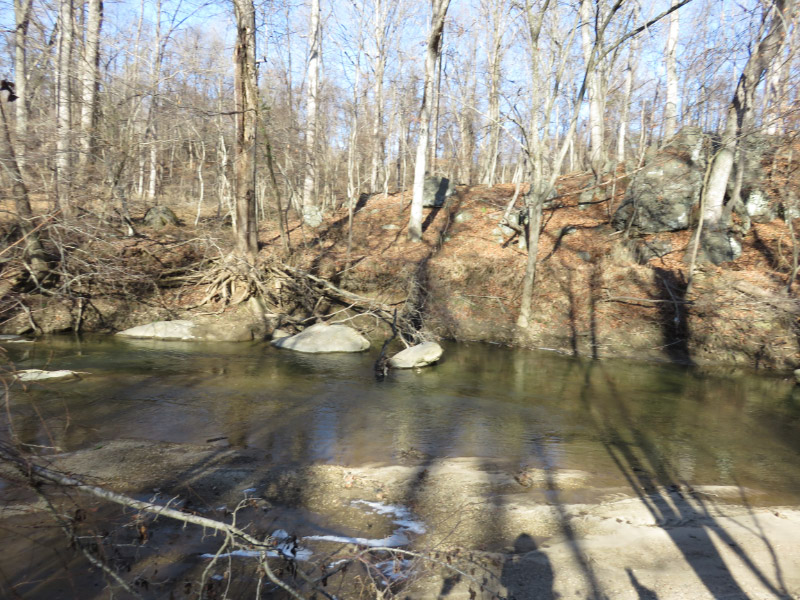
The places where the water was still enough were still frozen from the previous night’s temperature drop into the 20s.
I looked for shelf fungus on the downed logs but only saw tiny ones but this moss with sporophytes add some color to the otherwise drab colors of winter.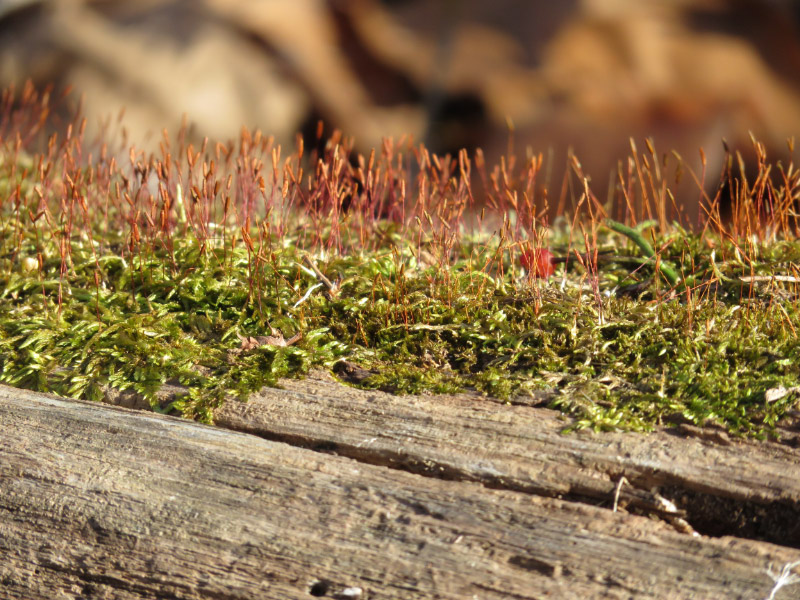
On the way home I stopped at the storm water pond in our neighborhood.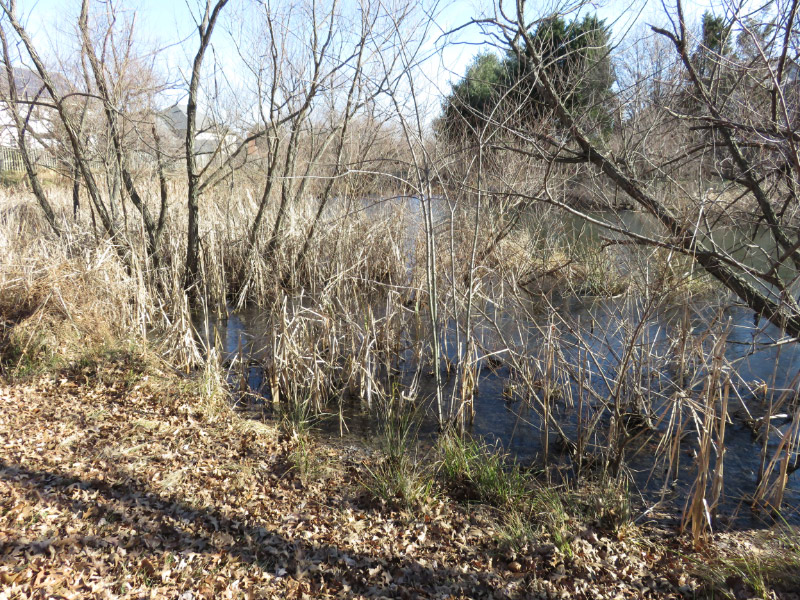
The stumps from a visit from a beaver a few years ago were still visible near the short - and punctuated the ice at the pond’s edge.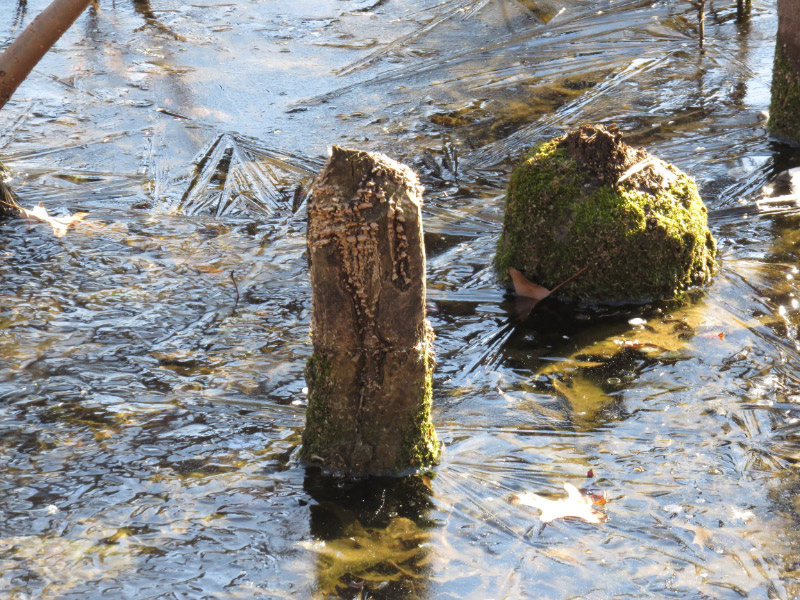
And a surprise from my daughter in Tucson - they had snow on January 1! She sent the pictures below.



